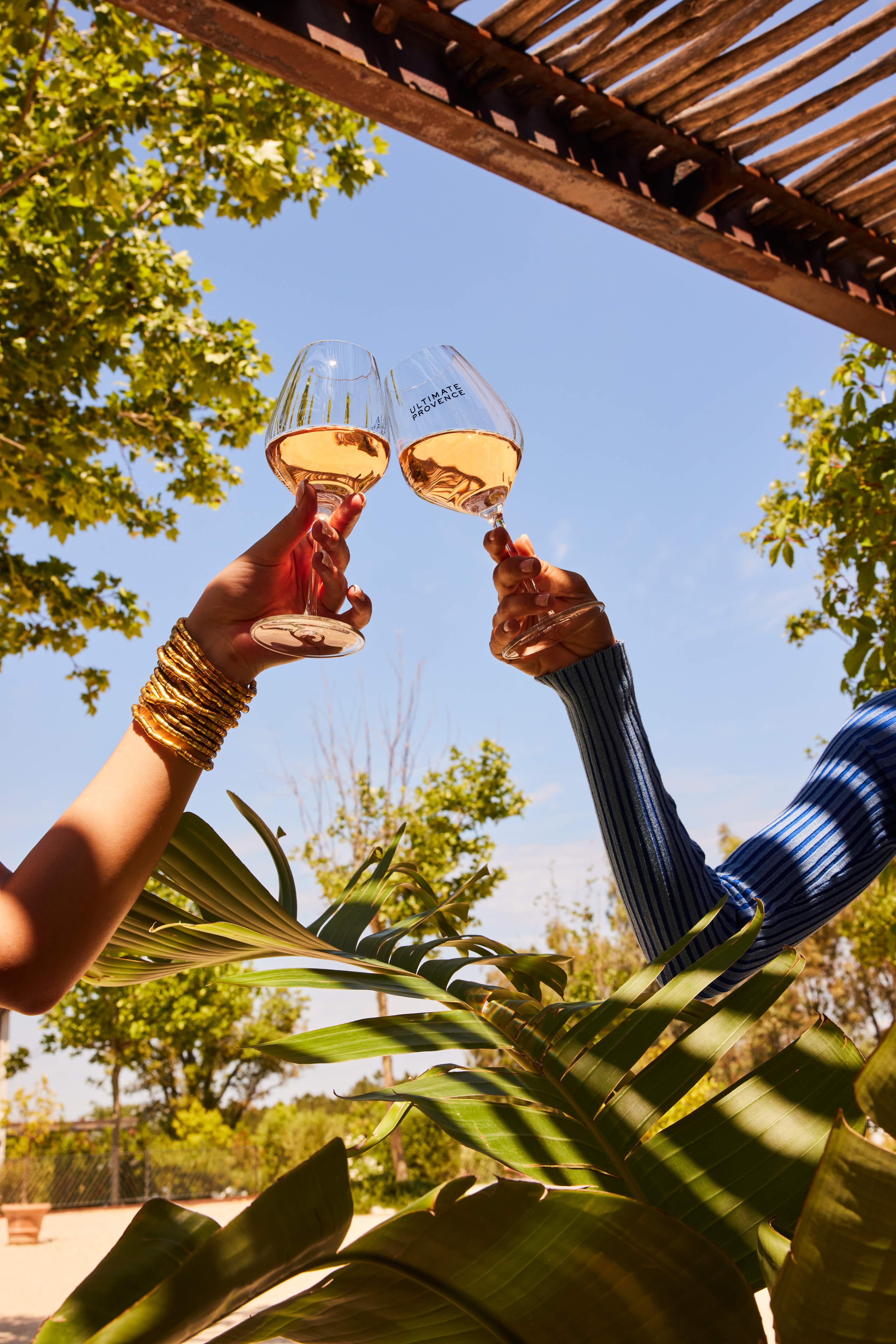Over the past ten years, organic wine has experienced strong growth, which can be explained by a desire among consumers to turn to products that are healthier for the planet and for their health. More and more winegrowers are choosing to convert their vineyards to organic farming. Let's go into the details of the organic wine estate's specifications.
Organic viticulture: gentler cultivation of the vine
Organic viticulture is a technique for working the vines focused on preserving the environment and respecting the terroir. To obtain the AB (organic farming) label , a winegrower must therefore meet the requirements of the specifications, by applying strict rules throughout his vineyard. Among the restrictions, the use of pesticides, phytosanitary products or chemicals in general is prohibited for the production of organic wines .
But the label of organic estates does not only concern the cultivation of vines in organic agriculture, and the entire wine-making system must be part of an approach of respect for the terroir . This involves the cultivation of grape varieties adapted to climatic conditions, the natural fertilization of the soil, or even the deployment of biodiversity throughout the vineyard.
An organic vineyard concerned with preserving the environment
To be able to respect the wine production standards imposed by the specifications of the organic label, winegrowers must use alternative strategies to pesticides and synthetic products. Four organic viticulture techniques are then used to ensure the quality of organic wines, while respecting the terroir.
- Fertilize the soil using residues of organic origin, such as compost, green manures or crop residues;
- Diversify the vineyard by developing biodiversity around the vines (plants, various living organisms, etc.);
- Control pests and diseases by finding the perfect balance of biodiversity. Thus, the organisms and insects beneficial to the vines succeed in avoiding the proliferation of pests and diseases;
- Control the yield of organic vines, by setting limits on production, and thus obtain better quality grapes.
The final quality of an organic wine depends largely on the sugar content of the grapes, but also on the native yeasts and bacteria present naturally. We then understand the interest of the wine producer in taking care of his organic vineyard.
Organic winemaking: techniques to combat pests and diseases
As we have seen, one of the main challenges for organic wine producers is to manage to protect their vines from parasites . Because if conventional wine producers are authorized to use chemical inputs and pesticides to prevent the proliferation of diseases, the organic winegrower can only rely on natural techniques .
The protection of organic wine estates therefore essentially involves the perfect balance of biodiversity. For this, winegrowers have several recourses:
- Place organic matter at the base of the vines to keep the soil fertile and vibrant;
- Space the vines to facilitate growth and limit the proliferation of parasites;
- Prune the vines to keep only the most vigorous and promising parts.
Does organic wine necessarily come from an organic winery?
For a wine to be certified organic, it must come from organic farming, and respect the winemaking rules of this type of viticulture. But this does not necessarily mean that it comes from an entirely certified organic estate. Thus, a traditional estate can have a plot of vines certified organic , and others which are not.
So, an organic wine does not necessarily come from an organic wine estate. In the case of Château de Berne, the estate's 170 hectares of vines are organically farmed . We can then affirm that Château de Berne is an organic wine estate.
Organic wine estates follow an approach concerned with respecting the environment. This makes it possible to produce wines that perfectly reflect the terroir and the know-how of the winemaker. If you pass through the tasting cellar of the Domaine de Berne, you will then have the pleasure of tasting organic white, rosé and red wines produced with the greatest respect for the Provençal terroir.









